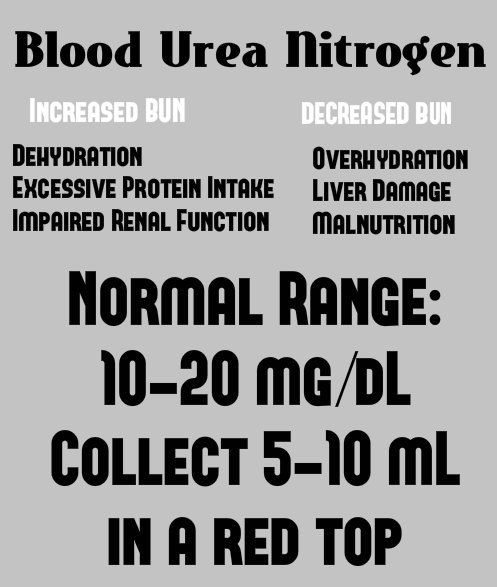A nurse is planning to teach a client about a high-potassium diet. Which of the following foods should the nurse instruct the client to eat? (Select all that apply)
Grapes
Nuts
Watermelon
Sweet potato
Bananas
Correct Answer : B,D,E
Choice A: Grapes is incorrect because it is a low-potassium food, containing only 176 mg of potassium per cup. The nurse should instruct the client to avoid or limit low-potassium foods, as they can worsen hypokalemia, or low potassium level.
Choice B: Nuts is correct because it is a high-potassium food, containing 200 to 300 mg of potassium per ounce. The nurse should instruct the client to eat more high-potassium foods, as they can help prevent or treat hypokalemia.
Choice C: Watermelon is incorrect because it is also a low-potassium food, containing only 170 mg of potassium per cup. The nurse should instruct the client to avoid or limit low-potassium foods, as they can worsen hypokalemia.
Choice D: Sweet potato is correct because it is also a high-potassium food, containing 448 mg of potassium per medium-sized potato. The nurse should instruct the client to eat more high-potassium foods, as they can help prevent or treat hypokalemia.
Choice E: Bananas is correct because it is also a high-potassium food, containing 422 mg of potassium per medium- sized banana. The nurse should instruct the client to eat more high-potassium foods, as they can help prevent or treat hypokalemia.
Nursing Test Bank
Naxlex Comprehensive Predictor Exams
Related Questions
Correct Answer is D
Explanation
Choice A: 18 mg/dL is incorrect because it is within the normal range of BUN, which is 7 to 20 mg/dL. BUN stands for blood urea nitrogen, which is a measure of the amount of nitrogen in the blood that comes from urea, a waste product of protein metabolism. BUN can reflect the kidney function and hydration status of the client.
Choice B: 10 mg/dL is incorrect because it is also within the normal range of BUN. A low BUN level can indicate liver problems, malnutrition, or overhydration.
Choice C: 13 mg/dL is incorrect because it is also within the normal range of BUN. A normal BUN level does not necessarily rule out dehydration, as other factors such as diet, medications, and blood loss can affect the BUN level.
Choice D: 25 mg/dL is correct because it is above the normal range of BUN and indicates a high BUN level. A high BUN level can indicate dehydration, kidney failure, urinary tract obstruction, heart failure, or excessive protein intake. The nurse should report this value to the provider as it may require further evaluation and treatment.

Correct Answer is ["B","D","E"]
Explanation
Choice A: Grapes is incorrect because it is a low-potassium food, containing only 176 mg of potassium per cup. The nurse should instruct the client to avoid or limit low-potassium foods, as they can worsen hypokalemia, or low potassium level.
Choice B: Nuts is correct because it is a high-potassium food, containing 200 to 300 mg of potassium per ounce. The nurse should instruct the client to eat more high-potassium foods, as they can help prevent or treat hypokalemia.
Choice C: Watermelon is incorrect because it is also a low-potassium food, containing only 170 mg of potassium per cup. The nurse should instruct the client to avoid or limit low-potassium foods, as they can worsen hypokalemia.
Choice D: Sweet potato is correct because it is also a high-potassium food, containing 448 mg of potassium per medium-sized potato. The nurse should instruct the client to eat more high-potassium foods, as they can help prevent or treat hypokalemia.
Choice E: Bananas is correct because it is also a high-potassium food, containing 422 mg of potassium per medium- sized banana. The nurse should instruct the client to eat more high-potassium foods, as they can help prevent or treat hypokalemia.
Whether you are a student looking to ace your exams or a practicing nurse seeking to enhance your expertise , our nursing education contents will empower you with the confidence and competence to make a difference in the lives of patients and become a respected leader in the healthcare field.
Visit Naxlex, invest in your future and unlock endless possibilities with our unparalleled nursing education contents today
Report Wrong Answer on the Current Question
Do you disagree with the answer? If yes, what is your expected answer? Explain.
Kindly be descriptive with the issue you are facing.
